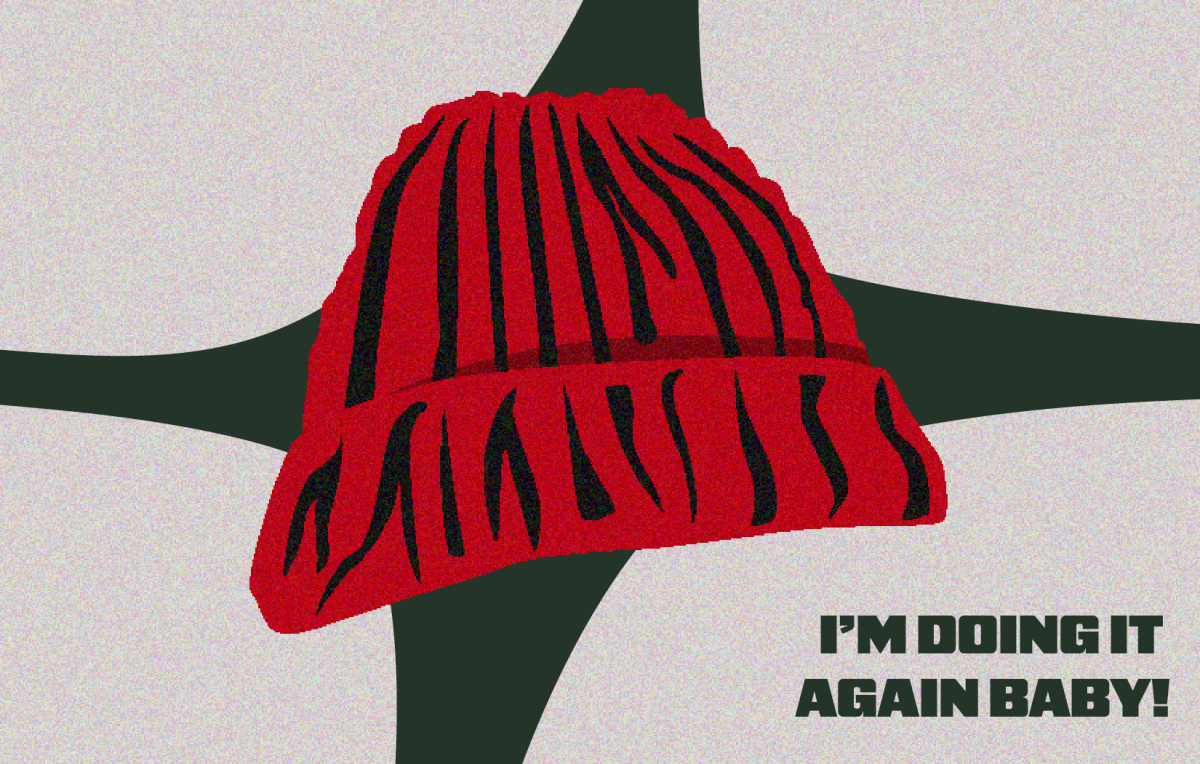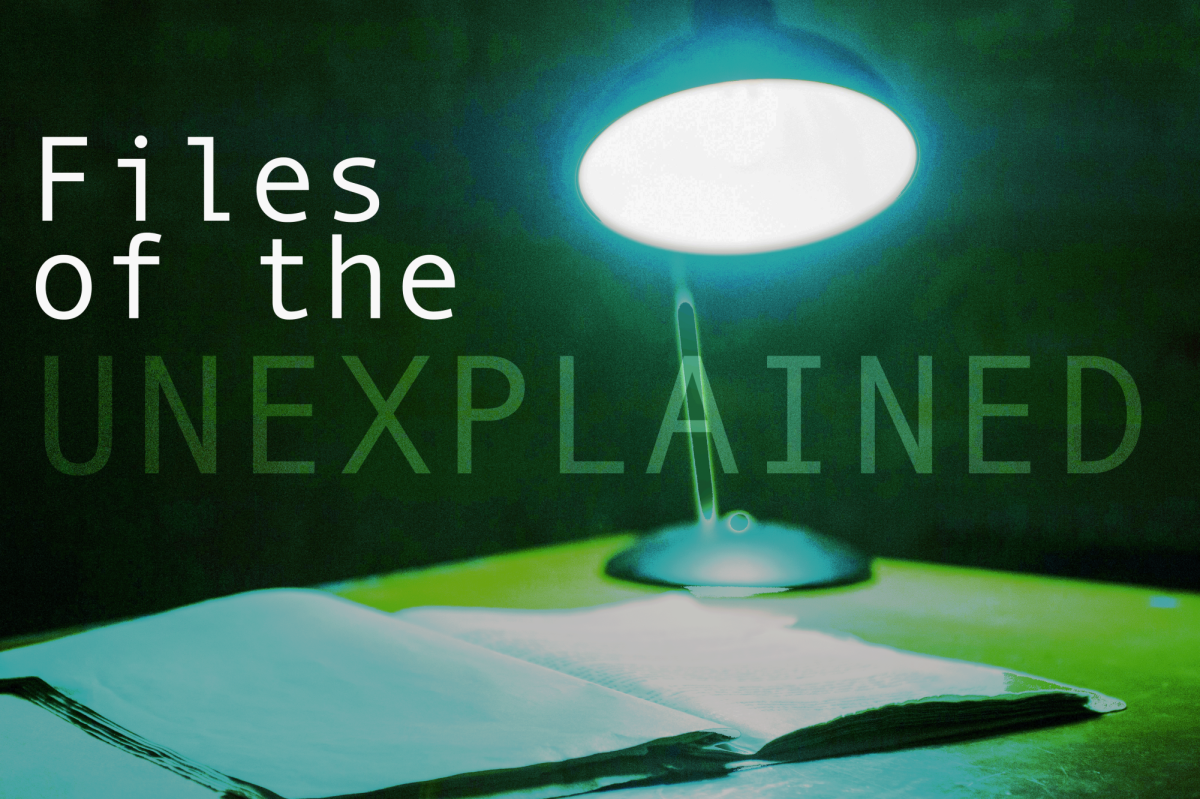A U law professor proposed June 4 the establishment of domestic terror courts before the Senate Judiciary Committee to prosecute suspected terrorists.
In his testimony before the Senate, Amos Guiora said the terror courts are the best option for the United States right now.
Domestic terror courts would allow classified information to be introduced for the prosecution of suspected terrorists. The approach does not afford the defendant all the rights guaranteed by the constitution, but does follow U.S. Constitution guidelines.
“There are, I suggest, three workable legal-judicial models for the ‘post-9/11 detainees,'” Guiora said. They are treaty based international terror courts, Article III courts and domestic terror courts, he said.
However, international terror courts create problems because there is no agreed-upon definition of terrorism within the U.S. government.
Suspected terrorists against whom the state has evidence are brought in front of a military court, which Guiora characterizes as a typical “Law & Order” criminal court. Suspected terrorists against whom the state has intelligence go through an administrative detention hearing. Domestic terror courts would allow for both evidence and intelligence to be presented during the prosecution of a suspected terrorist.
“The current military commission process that is used to detain suspected terrorists fails to provide even reasonalbe due process,” said Rich Roberts, law school alumnus and former student director of U Law School’s Global Justice Think Tank. “We can’t simply justify holding them forever without a process in place to legalize their continued detention. These indefinite detentions pose troubling problems to justice.”
When the classified information is presented to the court, it would be without the defendant or the defendant’s counsel present. The judge would fulfill the role of the defendant’s counsel in that situation. In Article III courts, a defendant must be able to access intelligence information. This doesn’t work because the government cannot allow the suspected to terrorist to see classified intelligence information for national security concerns, Guiora said.
“(Guiora) raised important issues and provided valuable information to my colleagues and me,” Sen. Orrin Hatch said. “The issue of detainee policy is one that we continue to discuss at great lengths in the Senate.”
Guiora was on the Israel Defense Forces Judge Advocate General’s Corps before coming to the U.
“There are many people very uncomfortable with my proposal that still say it may be the best way forward,” he said. “This (approach) raises significant question of the confrontation clause. It is the fundamental problem.”











